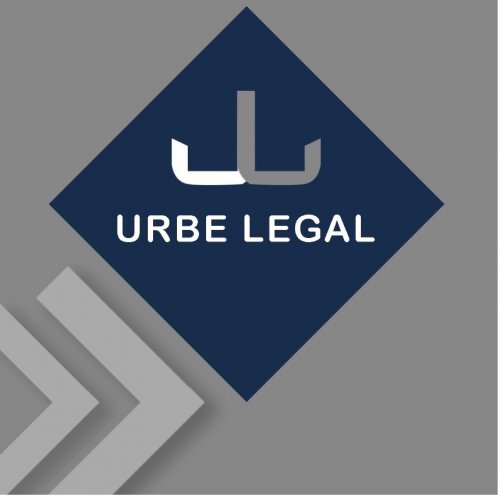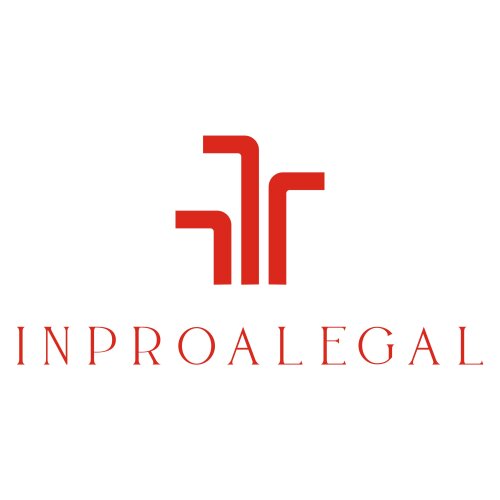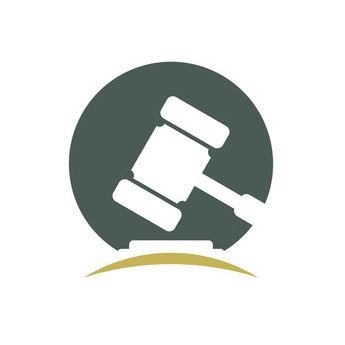Best Criminal Defense Lawyers in Guatemala City
Share your needs with us, get contacted by law firms.
Free. Takes 2 min.
List of the best lawyers in Guatemala City, Guatemala
About Criminal Defense Law in Guatemala City, Guatemala
In Guatemala City, Guatemala, Criminal Defense covers a broad spectrum of legal services related to criminal accusation. This includes conducting investigations, trials, sentencing, appeals, and post-trial issues. The Guatemalan legal system is based on the civil law system, similar to Spain and other Latin American countries. The right to a legal defense is recognized and recommended for each citizen under the Guatemalan constitution to ensure their rights are protected throughout legal proceedings.
Why You May Need a Lawyer
You may need a lawyer if you've been arrested, accused of a crime, or are facing charges. A lawyer can help you understand and navigate the legal process, ensuring your constitutional rights are not violated. Lawyers can also negotiate deals with the prosecution, formulate sentencing strategies if convicted, and appeal against your sentence or conviction. If you are not fluent in Spanish, hiring a lawyer would be beneficial as the legal system operates in Spanish.
Local Laws Overview
Guatemala practices a civil law system, and its constitution guarantees a trial by jury for some crimes and the presumption of innocence until proven guilty. The penal code, procedural code, and constitution govern the treatment of individuals involved in the legal process. Crimes are categorized into misdemeanors, felonies, and crimes deserving of "correctional" penalties. Potential penalties range from fines and community service to imprisonment. It is essential to remember that the accused has the right to a defense, to be informed of the accusations, and to a fair, public trial.
Frequently Asked Questions
1. Can I represent myself in court?
It is technically possible to represent yourself in court, but it is generally not recommended. The law and the court process can be complicated, and failure to follow procedures or present your case properly could have serious repercussions.
2. What does a criminal defense lawyer do?
A criminal defense lawyer advises and represents individuals who are investigated or charged with crimes. They assist with bail, pleas, trial preparation, sentencing, and appeals.
3. What should I do if I'm arrested?
If you're arrested, ensure you assert your right to remain silent and ask for a lawyer immediately. Do not discuss your case with anyone except your lawyer.
4. How long does a criminal process last?
The duration of a criminal process varies based on the complexity of the case, the amount of evidence, and the court's schedule. It can range from a few months to a few years.
5. What is the role of the Public Ministry in my case?
The Public Ministry is responsible for prosecuting crimes and represents the state's interests in a criminal case, and not the victim.
Additional Resources
Contact the Public Ministry, the Institute of Public Criminal Defense, or the Human Rights Ombudsman for more information about criminal defense in Guatemala. Each of these entities can provide valuable information about the criminal process and available resources.
Next Steps
If you require legal assistance in Criminal Defense in Guatemala City, start by consulting with a criminal defense lawyer. The attorney can provide guidance based on your unique circumstances and help you understand what to expect throughout the process. It's vital to provide comprehensive details about your case to your chosen lawyer to receive the best advice possible.
Lawzana helps you find the best lawyers and law firms in Guatemala City through a curated and pre-screened list of qualified legal professionals. Our platform offers rankings and detailed profiles of attorneys and law firms, allowing you to compare based on practice areas, including Criminal Defense, experience, and client feedback.
Each profile includes a description of the firm's areas of practice, client reviews, team members and partners, year of establishment, spoken languages, office locations, contact information, social media presence, and any published articles or resources. Most firms on our platform speak English and are experienced in both local and international legal matters.
Get a quote from top-rated law firms in Guatemala City, Guatemala — quickly, securely, and without unnecessary hassle.
Disclaimer:
The information provided on this page is for general informational purposes only and does not constitute legal advice. While we strive to ensure the accuracy and relevance of the content, legal information may change over time, and interpretations of the law can vary. You should always consult with a qualified legal professional for advice specific to your situation.
We disclaim all liability for actions taken or not taken based on the content of this page. If you believe any information is incorrect or outdated, please contact us, and we will review and update it where appropriate.
Browse criminal defense law firms by service in Guatemala City, Guatemala
Guatemala City, Guatemala Attorneys in related practice areas.











